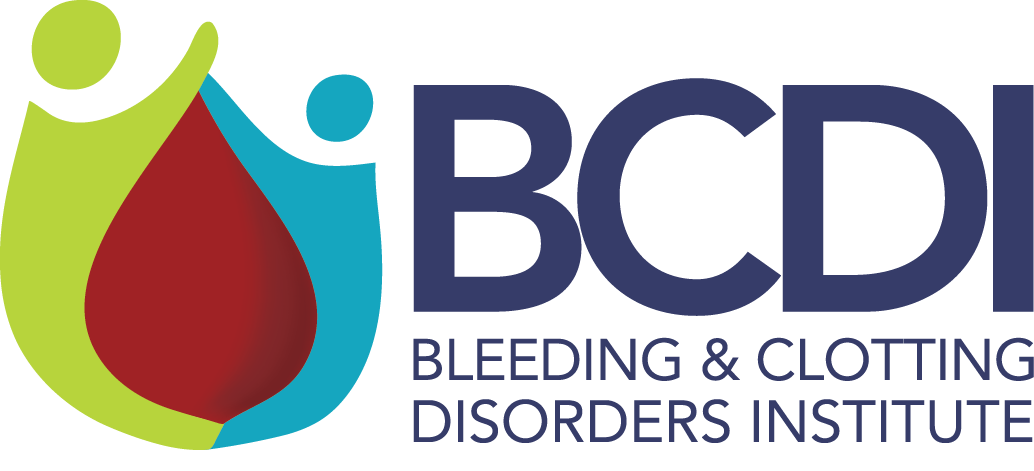Every woman experiences menstrual bleeding differently. It’s important to remember even though you may have heavy or prolonged bleeding, it doesn’t have to limit your everyday activities. BCDI’s team can assist you with ways to manage symptoms to minimize any lifestyle disruption.
If you are feeling anxious or stressed about your bleeding, this is normal. It could help to talk to somebody you trust or your doctor to learn about ways to prepare for your monthly cycle.
